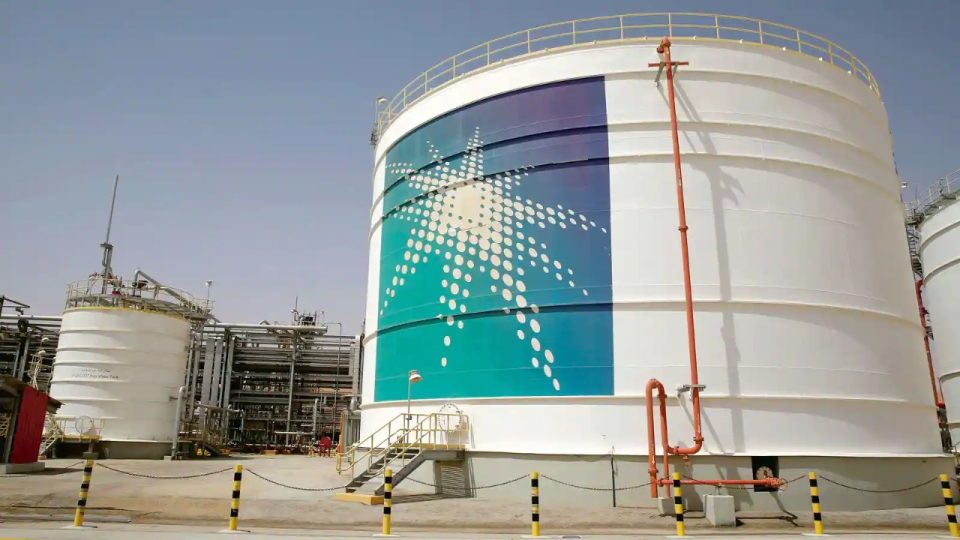Oil giant Saudi Aramco launched a $1.5 billion fund on Wednesday to support an inclusive global energy transition, while Saudi officials said the shift away from hydrocarbons could take decades and needed to continue investing in traditional resources.
Saudi Arabia, the world’s top oil exporter, and other OPEC producers have warned of underinvestment in fossil fuels, especially as spare capacity is scarce and demand is relatively healthy despite economic headwinds.
The Saudi Aramco Sustainability Fund will target global investments, with initial focus areas including carbon capture and storage, greenhouse gas emissions, and hydrogen, ammonia and synthetic fuels.
Saudi Arabia and other Gulf Arab states have sought to strengthen their green credentials. Riyadh said the kingdom aims to achieve net-zero emissions of greenhouse gases, mainly produced by burning fossil fuels, by 2060.
Speaking at the FII conference, Saudi Finance Minister Mohammad al-Jadaan said that thinking around a global energy transition “is now becoming more realistic, and in fact, the transition may take 30 years”, while traditional resources remain critical to ensuring the security of supply.
While the global economy faces a “very difficult six months”, the outlook for Gulf oil producers is “very good” and remains so for the next six years, Jadan said. “In the region, we have made significant investments in conventional energy as well as in climate change initiatives,” he added.
The Future Investment Initiative (FII) Forum, which began on Tuesday, held an auction of 1.4 million tonnes of carbon credits with participation from 15 Saudi and regional entities. According to a statement, Aramco and two other Saudi companies were the biggest buyers.
Achieving stability requires global cooperation, and the Gulf states will help countries in the wider region navigate a difficult economic outlook, Jadan said.
Saudi sovereign wealth fund, the Public Investment Fund (PIF), has set up five regional investment firms in Jordan, Bahrain, Sudan, Iraq and Oman, and an investment subsidiary in Egypt has made a similar move, PIF said on Wednesday.
It said that the six companies aim to invest up to $24 billion in infrastructure, real estate, mining, healthcare, agriculture, manufacturing and technology.
Bahrain’s Finance Minister Sheikh Salman bin Khalifa Al-Khalifa said the Gulf countries need to build up their production and export capabilities as most of their non-oil GDP is currently based on consumption and imports.



